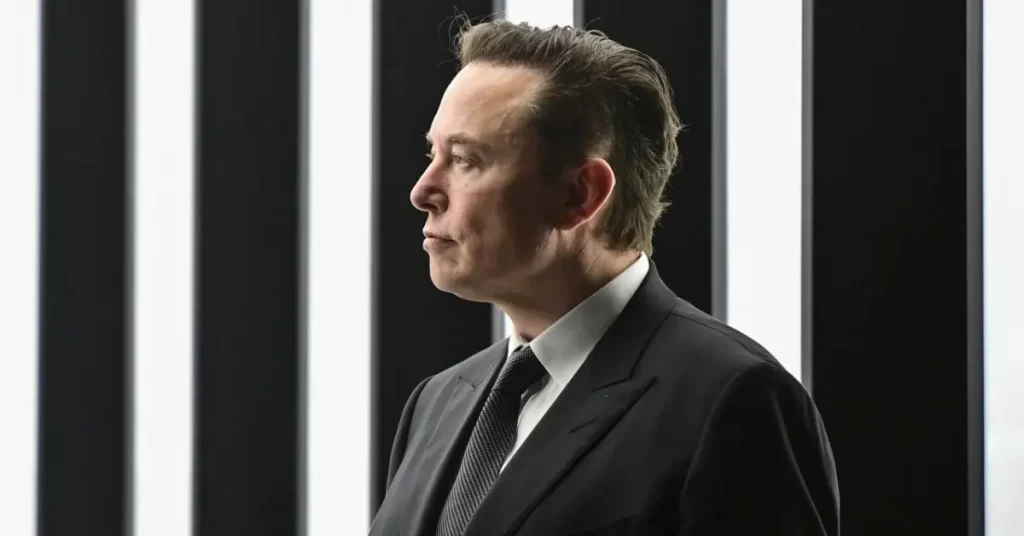Elon Musk’s Ambitious “X” Rebrand and Its Complex Implications
The recent rebranding of Twitter to “X” by Elon Musk has ignited discussions about the extent of influence and impact a single billionaire can wield. This move towards creating an all-encompassing platform has sparked intrigue, considering Musk’s eclectic persona and history of groundbreaking ventures.
Musk’s vision is to transform the once microblogging platform, Twitter, into an expansive “everything app,” resembling China’s WeChat. This “X” app aims to encompass functionalities ranging from communication and news to banking, shopping, and streaming. Musk has even speculated that if executed effectively, “X” could potentially evolve into a significant player within the global financial landscape.
Describing the concept of the “X Elon Musk Everything App,” it’s envisioned as a comprehensive operating system in the form of a single application. This all-in-one hub could enable users to perform a plethora of tasks, from sending messages to catching up on news, making purchases, watching videos, and handling financial transactions. The idea is to eliminate the need for numerous individual apps by consolidating them under a unified platform, aptly named “X”.
Musk’s ambition doesn’t stop there. His aspiration for “X” is to amalgamate the functionalities of various established platforms, amalgamating the likes of PayPal, YouTube, TikTok, WeChat, Venmo, Amazon, Medium, and Google Search. This endeavor is clearly aimed at extending his dominion over multiple industries and establishing a firm hold on the evolving digital landscape.
However, the concept of an “everything app” is not novel. Other tech giants like Meta (formerly Facebook) have aimed to transform their platforms into comprehensive ecosystems. Mark Zuckerberg‘s vision for WhatsApp, for instance, aimed at encompassing communication, business, and commerce. Despite these efforts, America’s regulatory environment, antitrust concerns, and privacy issues have posed challenges to creating a singular all-encompassing app, unlike the relatively less-restricted landscape in China.
Elon Musk’s disregard for these challenges is evident in his pursuit of innovation. His confidence in his global economic insights, drawn from his involvement in Tesla, Starlink, and now “X,” is undeniable. Yet, this level of control and access to real-time economic data raises concerns about his overarching influence and its implications for the global economy.
The rebranding itself is not devoid of history and personal motives. Musk’s previous venture, X.com, a precursor to PayPal, faced a similar rebranding attempt that was met with resistance due to its potential association with adult content. This history may suggest that Musk is settling an old score through the “X” rebrand. His vision for “X” has been brewing since before his acquisition of Twitter, with aspirations of the platform’s value rivaling trillions of dollars.
However, the transition from Twitter to “X” has not been smooth. The rebranding has been met with public skepticism, evident in the spike of negative reviews and criticism on app stores. Though installations increased, user engagement reportedly declined, potentially due to the changes introduced and user dissatisfaction with the new direction.
Despite Musk’s audacious aspirations, the reality seems murkier. The rebranding has yet to translate into financial success for the company, as it continues to experience declining stock values and user faith. Furthermore, practical hiccups like the unauthorized installation of a large glowing “X” logo on the company’s headquarters raised questions about prioritization and resource allocation.
Musk’s willingness to challenge norms also includes engaging in legal battles. Threats of lawsuits against a research group exposing hate speech on the platform and the reinstatement of Kanye West’s account, despite violating incitement rules, underline his desire for unbridled control.
Amidst these developments, the SpaceX founder Elon Musk’s behavior has drawn criticism for its immaturity and lack of accountability. As he garners unprecedented global influence, there is a growing concern about his level of responsibility and maturity.
In a landscape where confidence and trust are paramount, Musk’s disregard for conventional norms might undermine his potential success. Perhaps, this could be an opportune moment for him to build credibility and demonstrate a commitment to consumer, advertiser, and regulator interests. The creation of an “everything app” is a remarkable ambition, but it demands a delicate balance of power, responsibility, and ethical considerations.



